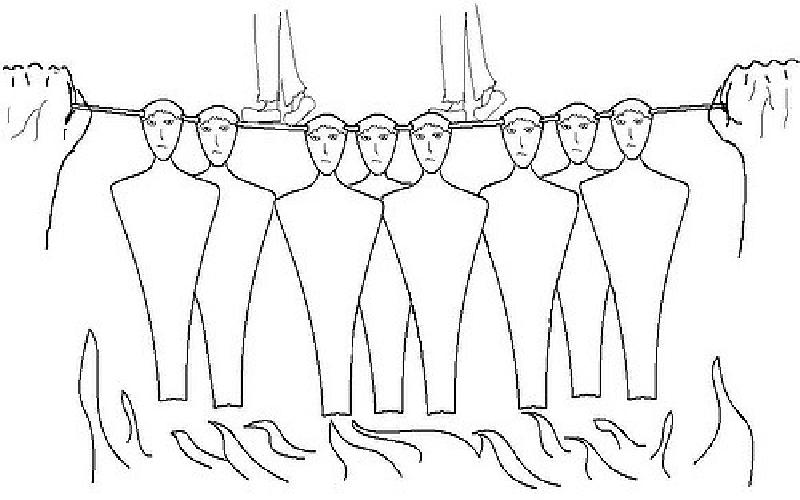Importance of Controlling in Management Process


Controlling is a process of measuring the performance against standards that have been set to ensure the smooth working of an organization. It includes the process of setting the goals, making adequate plans for the success of an enterprise application.
Control is the power to make decisions about how an organization is run. It is the act of restricting, limiting, managing and checking the results. Controlling process determines whether plans are being adhered to; whether the progress is being made in an intended manner or towards the attainment of organizational goals and objectives, while it involves taking counteractive measures in case of deviations having been identified in course of action. Basically, there are five functions of management, planning, organizing, staffing, directing and controlling. Controlling is one of these important functions of management, which is mainly concerned with the measurement and correction of organizational performance.
“Control consists in verifying whether everything occurs in conformity with the plan adopted, the instructions issued and the principles established.”
It is through the process of Controlling that the actual results can be identified enabling management to evaluate the actual results with the set standards or expected results, which in turn, involves the identification of deviations. Thus, the process of controlling would finally lead to corrective actions or counteractive measures.
The controlling process encompasses the following steps:
Establishing Standards
Measuring Performance
Taking Corrective Actions
Establishing standards signifies the criteria against which the results are to be evaluated. Standards may be of various types, such as, cost standards, revenue standards or capital standards etc.
The second step, Appraisal of Performance, entails checking whether the performance is in accordance with the fixed standards. The actual results are compared with the established standards.
The last step in the controlling process necessitates taking corrective actions in case of discrepancies in the performance. It is done when the actual results are different from the fixed standards so as to identify the reasons and take corrective actions accordingly.
It is always desirable to monitor and follow up how the activities in relation to the obtainment of organizational goals and objectives, are being done as it enables to ensure the work being delegated is carried out in a way as has been intended. In this way, the process of controlling is very necessary for any business to run effectively and efficiently. Even though control is the last function of management as this phase follows other managerial functions, yet it is in equal importance to other functions. Rather, it is a dynamic and forward looking process that entails periodic results pinpointing significant areas of inefficiencies or the areas impeding progress of a business to improve the overall performance so that the success of a business is achieved in a way it has been desired.
Ever expanding population and new challenges like environment volatility are creating new avenues for rising food inflation. Other factors like rising wages, rising prices of transportation and even tax burden can lead to inflation.
Harsh economic environments can have adverse effects on your business, however, there are some important practices that can ensure that your business survives. .
This article describes the technical and operational feasibility. It also discusses the importance of technical and operational feasibility in the system development process..